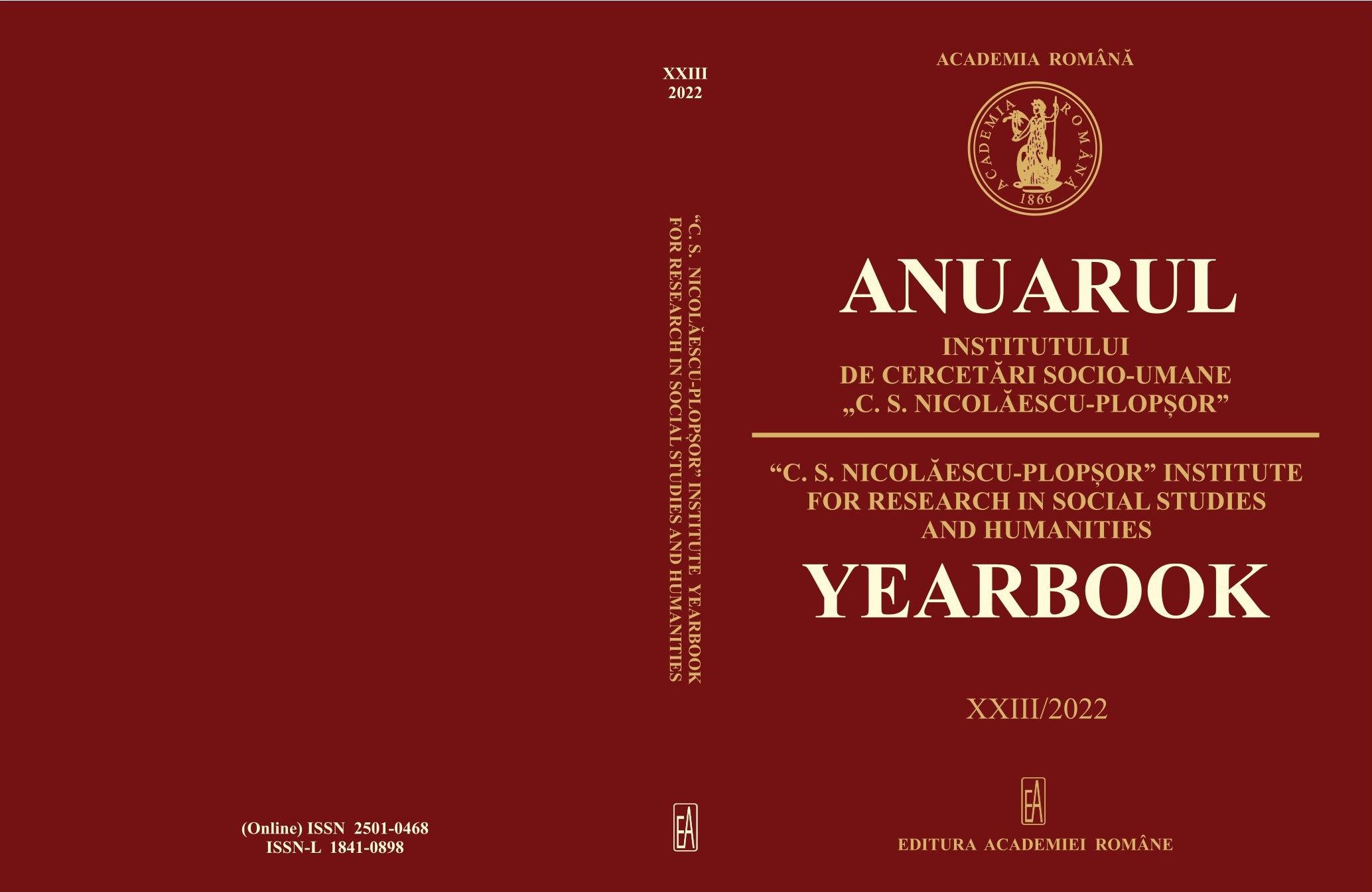The Incapacity of the Married Woman in Interwar Romania: from the Issue of Legislative Unification to the Possibility of Practising Advocacy
The Incapacity of the Married Woman in Interwar Romania: from the Issue of Legislative Unification to the Possibility of Practising Advocacy
Author(s): Sevastian CercelSubject(s): Law, Constitution, Jurisprudence, History of Law, Human Rights and Humanitarian Law, Interwar Period (1920 - 1939)
Published by: Editura Academiei Române
Keywords: married woman; incapacity; profession of lawyer; legislative unification; 1923 Constitution;
Summary/Abstract: The incapacity of the married woman in interwar Romanian law is analyzed in the general context of the legal system of that period, which raises the question of legislative unification. From the perspective of the Romanian legal tradition in this field, but also of positive law, the doctrine and case law have clarified several relevant aspects. An interesting 1920 debate concerned the possibility for women to practice the profession of lawyer. The arguments brought by one side or the other reconstruct, to a great extent, the general attitudes regarding the incapacity of women in private law.In the field of equal political rights, the Constitution of 1923 stipulated the need for special rules “voted by a two–thirds majority” to establish “the conditions under which women can exercise political rights”. The ordinary legislature was to decide, sometime in the future, whether, at this level, it would establish a full equality of women and men, or whether it would grant women only in part a number of political rights which men had.
Journal: Anuarul Institutului de Cercetări Socio-Umane „C.S. Nicolăescu-Plopșor”
- Issue Year: 2022
- Issue No: XXIII
- Page Range: 9-28
- Page Count: 20
- Language: English

